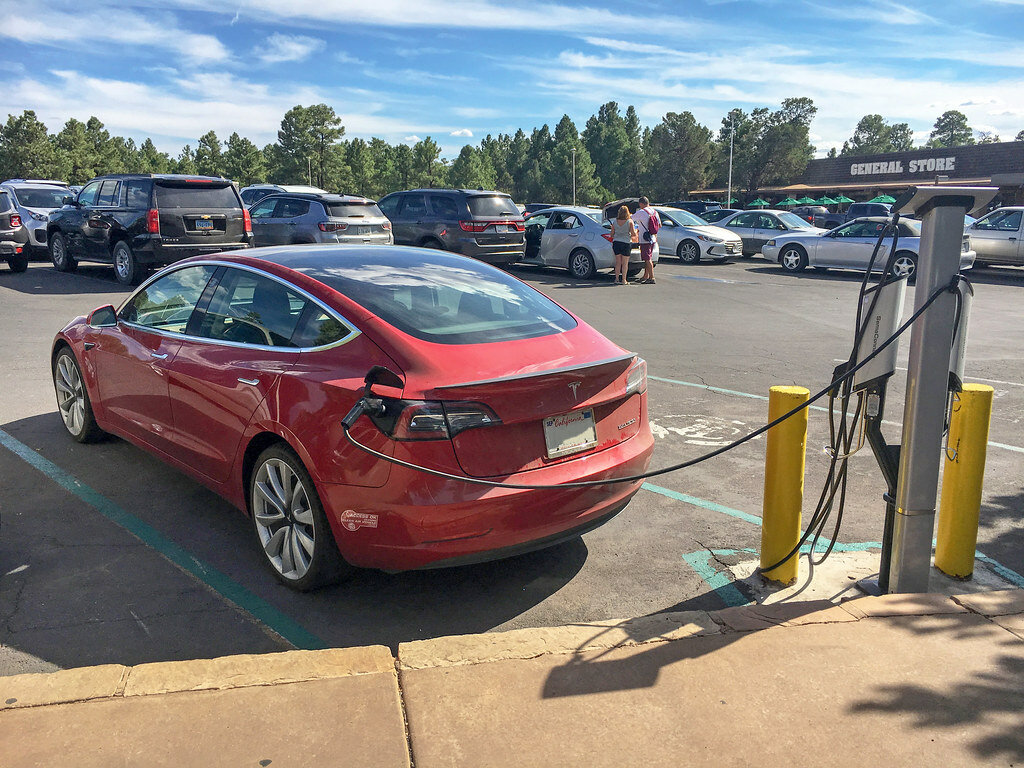
March 03, 2023
The Growing Gap Between Consumer Demand and Public Policy When it Comes to EVs
By Mike Szudarek, Marx Layne & Company The transition to electric vehicles (EVs) is a critical step toward reducing greenhouse gas emissions and combating climate change. However, there is a growing gap between what governments [...]
By Mike Szudarek, Marx Layne & Company
 The transition to electric vehicles (EVs) is a critical step toward reducing greenhouse gas emissions and combating climate change. However, there is a growing gap between what governments want versus what consumers want when it comes to EVs. This gap can have significant consequences for automakers who are navigating a rapidly changing market — especially in times of global conflict and economic uncertainty.
The transition to electric vehicles (EVs) is a critical step toward reducing greenhouse gas emissions and combating climate change. However, there is a growing gap between what governments want versus what consumers want when it comes to EVs. This gap can have significant consequences for automakers who are navigating a rapidly changing market — especially in times of global conflict and economic uncertainty.
On the one hand, many governments around the world are implementing policies and initiatives to promote the adoption of EVs. This includes incentives for consumers to purchase EVs, investment in charging infrastructure, and regulations that encourage the development and adoption of EV technology. However, despite these efforts, consumer demand for EVs remains relatively low. This is due in part to factors such as cost, range anxiety, and a lack of familiarity with the technology. As a result, automakers are faced with the challenge of investing in EV technology while also balancing the demands of a market that is still largely focused on traditional gasoline-powered vehicles.
One consequence of this gap between government policies and consumer demand is that automakers may be forced to make difficult business decisions, as evidenced this week by Stellantis’ move toward closure of its facility in Belvidere, IL. Automakers are being pushed to invest heavily in EV technology even if the market demand for these vehicles is not yet sufficient to justify the investment. This will without question put pressure on their finances and potentially lead to future bankruptcies.
Moreover, automakers may face continued regulatory uncertainty as governments implement policies that are not fully aligned with consumer demand. This will create confusion and make it more difficult for automakers to develop long-term business plans. To that end, there are also potential benefits for automakers who are successful in navigating this gap between government policies and consumer demand. For example, automakers who invest heavily in EV technology now could be well-positioned to capitalize on future market demand for these vehicles. They could also benefit from government incentives and other initiatives designed to promote the adoption of EVs.
Ultimately, the contrast between what governments want versus what consumers want when it comes to EVs is a complex challenge that requires collaboration and innovation from all stakeholders. By working together to address the concerns and needs of both governments and consumers, we can create a more sustainable and resilient transportation system for the future. This will require a great deal of pragmatic thinking, compromise and thought. Otherwise, the industry (and the planet) might very well end up in a worse position than when this journey began.
About Marx Layne & Company
For more than 36 years, Marx Layne & Company has provided outstanding, results-oriented communications counsel to a broad spectrum of clients in the business, government and non-profit sectors. Its proven ability to design and launch successful public relations campaigns, develop creative communications solutions and exceed client expectations has earned the agency a reputation as a valued partner and an industry leader. For more information, visit www.marxlayne.com.
Marx Layne is your competitive advantage.
Marx Layne is a full-service communication agency. How may we help you succeed?
Share This Story, Choose Your Platform!
Marx Layne is your competitive advantage.
Your reputation and success are our only concerns.
